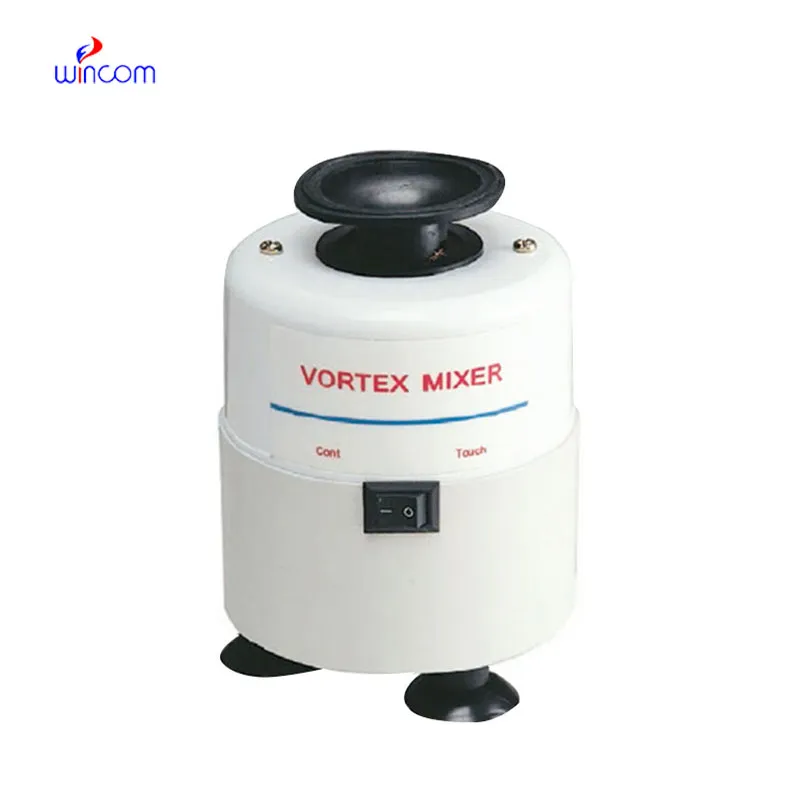
With improved magnetic field homogeneity and multi-channel receive coils, the helium mri machine offers reproducible and unambiguous imaging output. With its software platform, the system offers fast image reconstruction and custom scanning sequence application. The helium mri machine offers reproducible performance in clinical and research application.

In musculoskeletal medicine, the helium mri machine is employed to diagnose ligament ruptures, cartilage lesions, and bone marrow disease. It provides high-contrast images enabling clinicians to pre-plan treatment of degenerative disease and sport injury. The helium mri machine provides accurate visualization of muscles, tendons, and joint structures without invasive procedures.

The future of the helium mri machine will be characterized by increased scanning speed and higher image quality through reconstruction facilitated by artificial intelligence. New algorithms will minimize noise levels while maximizing contrast and diagnostic efficacy. Cloud-based image processing will also be a feature of the helium mri machine, facilitating real-time collaborative efforts and elevated telemedicine integration into global networks.

Maintaining the helium mri machine involves both technical and environmental care. The system’s computer and data storage units should be updated and backed up regularly. Cooling fans, cryogen tanks, and power supplies must be checked frequently to ensure the helium mri machine remains stable during extended operation.
The helium mri machine is excellent at imaging soft tissue and has been a valuable asset in orthopedics, neurology, and oncology. Its magnets are able to create signals that are then reconstructed into precise anatomical images. The helium mri machine determines structural and functional disorders with unprecedented detail.
Q: What is an MRI machine used for? A: An MRI machine is used to create detailed images of the body’s internal structures, helping doctors diagnose brain, spine, joint, and soft tissue conditions without using radiation. Q: How does an MRI machine work? A: The MRI machine uses strong magnetic fields and radio waves to align hydrogen atoms in the body and detect signals that form high-resolution images of organs and tissues. Q: Is an MRI scan safe for all patients? A: MRI scans are generally safe, but patients with metal implants, pacemakers, or certain medical devices must be evaluated before scanning due to magnetic interference. Q: How long does a typical MRI scan take? A: Most MRI scans take between 20 to 60 minutes, depending on the area being examined and the specific diagnostic protocol. Q: What makes MRI different from X-ray or CT imaging? A: Unlike X-ray or CT, an MRI machine uses magnetic resonance instead of radiation, making it particularly effective for imaging soft tissues and the nervous system.
The delivery bed is well-designed and reliable. Our staff finds it simple to operate, and patients feel comfortable using it.
The centrifuge operates quietly and efficiently. It’s compact but surprisingly powerful, making it perfect for daily lab use.
To protect the privacy of our buyers, only public service email domains like Gmail, Yahoo, and MSN will be displayed. Additionally, only a limited portion of the inquiry content will be shown.
I’m looking to purchase several microscopes for a research lab. Please let me know the price list ...
We’re interested in your delivery bed for our maternity department. Please send detailed specifica...
E-mail: [email protected]
Tel: +86-731-84176622
+86-731-84136655
Address: Rm.1507,Xinsancheng Plaza. No.58, Renmin Road(E),Changsha,Hunan,China